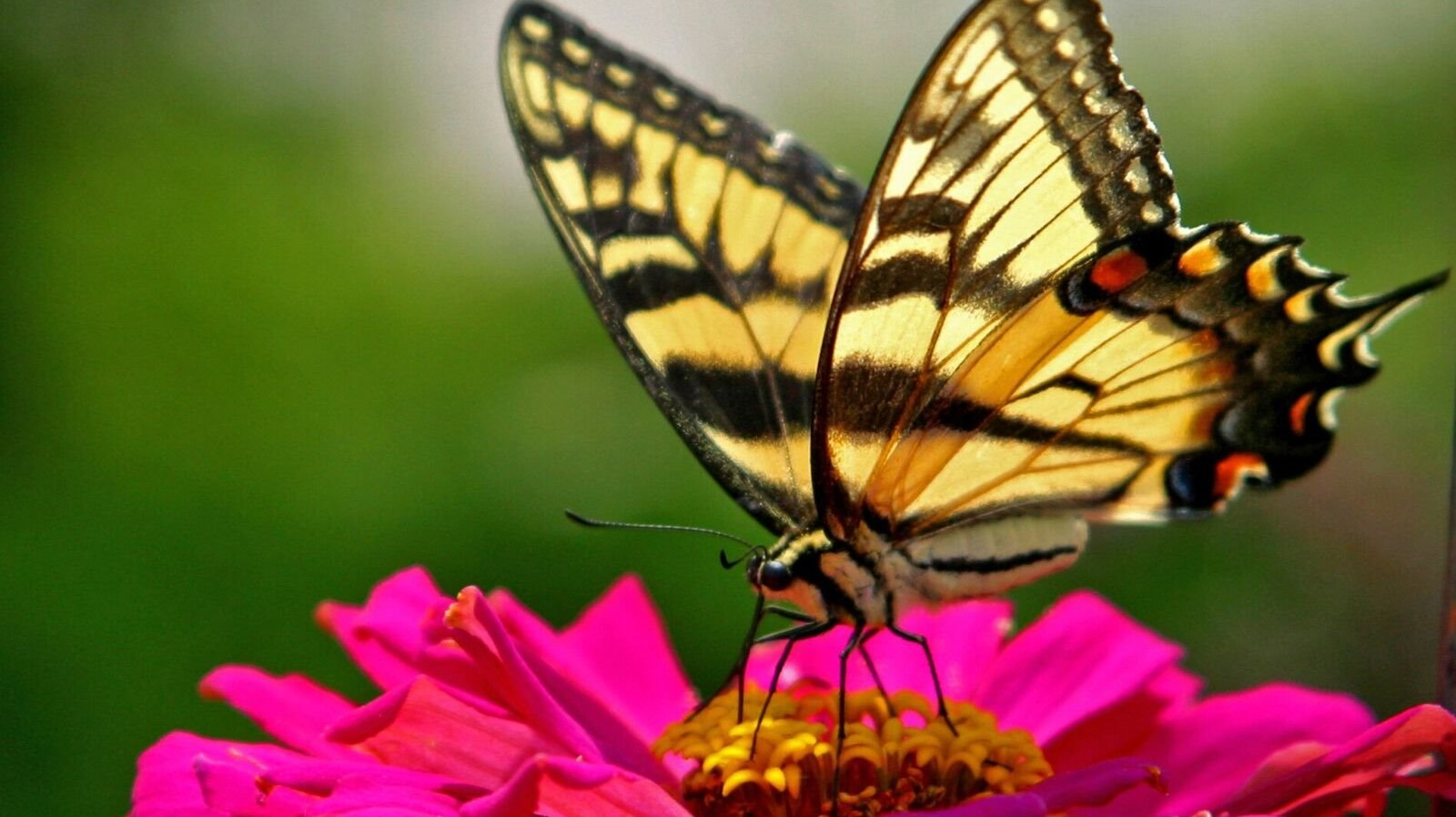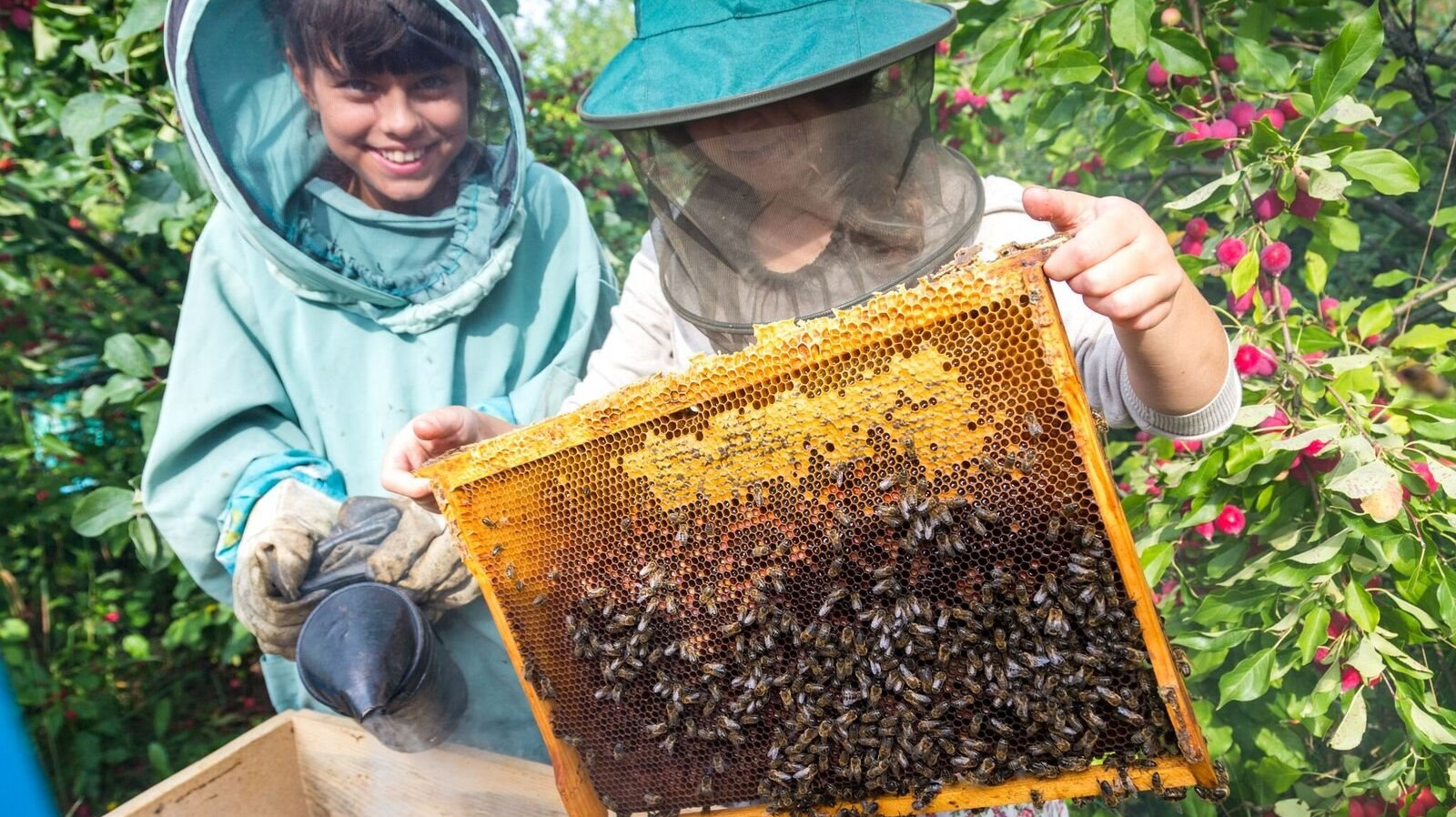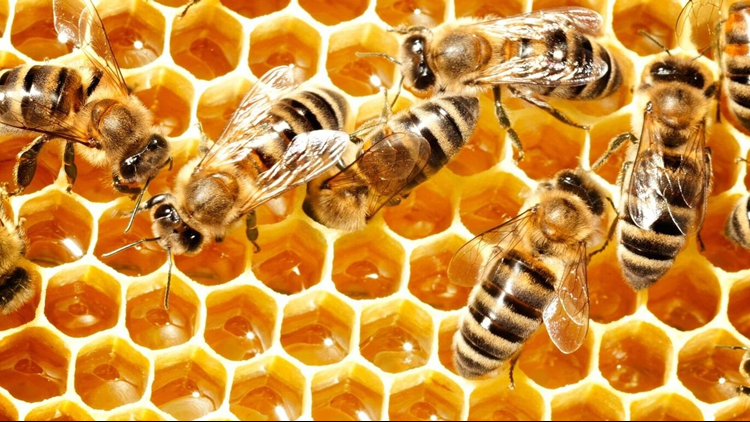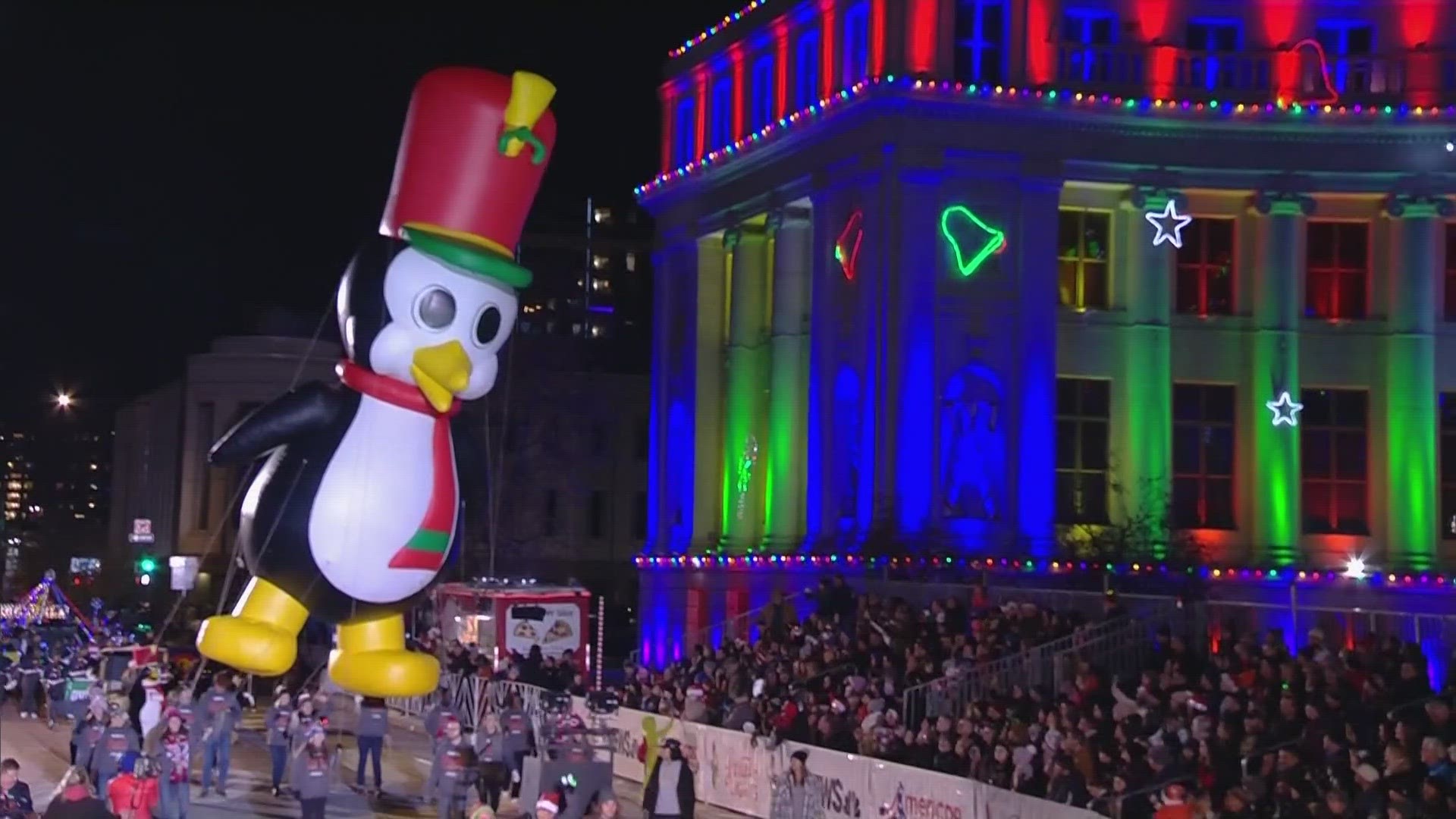The 2018 Colorado Garden & Home Show Entry Garden, presented by the Denver Botanic Gardens is all about pollinators! Birds, bees, butterflies and bats will be featured in larger than life displays throughout the 5,500 square foot garden that welcomes guests to the Show.
So why is this theme timely for the 2018 Show? Read on to see what the buzz is all about. All commentary attributed to Brien Darby, Denver Botanic Gardens Horticulturist and Urban Food Specialist.
What is a pollinator?
Although plants are pollinated by both biotic (birds, bees, etc.) agents and abiotic (wind, water, etc.) factors, generally, when we are talking about pollinators, we mean any insect or animal that is involved in plant pollination. The pollination happens either when the insect or animal interacts with the pollen of the plant to help with fruit formation and eventually seed set or when the seeds are already formed and the animal or insect is responsible for moving the seed to a new location.
Why did the Denver Botanic Gardens choose this theme for the 2018 Entry Garden?
The Gardens’ chose this theme to highlight the importance of pollinators in our daily lives; plant reproduction helps gardens thrive and, ultimately, is responsible for the food that we eat. We want our audience to be aware of the wide world of pollinators and start thinking beyond just honey bees, although we like them, too. Our display will showcase the important role in pollination played by native insects and animals and perhaps introduce you to a few of the more unusual pollinators.

Why are pollinators topical in 2018?
For many years now, we have seen steady declines in honey bee populations. In addition to efforts to bolster and help these populations, we also need to recognize the importance of supporting native pollinators. Both categories will appreciate un-treated landscapes with a diversity of plantings to provide continual bloom throughout the year. Additionally, by including grasses, shrubs and trees in our landscapes, we can also provide habitat for our native pollinators. This is the message that we want our audience to hear in 2018 and beyond.
Why are pollinators important? At a local and global level?
Pollinators, not just honey bees, are responsible for the production of so many of the food crops we eat. We generally think of pollinators when we think of fruiting crops (tomatoes, grapes, almonds, etc.) but even leafy crops like lettuce and kale need pollinators to flower and produce seed so that we can continue to grow these crops. Many pollinators provide other benefits to the ecosystem helping to keep pests and insect populations in check.

What can guests expect to see at the Entry Garden?
The entry garden will feature information on several different pollinators you will encounter in Colorado as well as tips for making your space more inviting for them to visit. Visit our informational booth to receive take-home tips on these topics as well as a free packet of pollinator-friendly flower seeds.
Five fun facts about pollinators
- The average worker bee (the female bees in the hive) live for about 3 months and throughout their life will take on every role in the hive from nurse bee to forager.
- Most native bees are solitary, meaning they do not live in colonies, and prefer to make their homes in hollowed out spaces in grasses, reeds, the ground or even holes drilled into wood.
- More than two dozen different Colorado bird species will use birdhouses for nesting.
- The Colorado Hairstreak Butterfly is our state insect. Hairstreaks are found between 6,500-7,500 feet in elevation and rely on the leaves of the Gamble oak for food.
- Bats are responsible for pollinating many agave species, including Agave tequilana, the plant from which tequila is made.
The 59th Annual Garden and Home Show kicks off on February 24 at the Colorado Convention Center. The Show runs February 24 to March 4, 2018. Tickets and more information can be found at coloradogardenfoundation.org.



